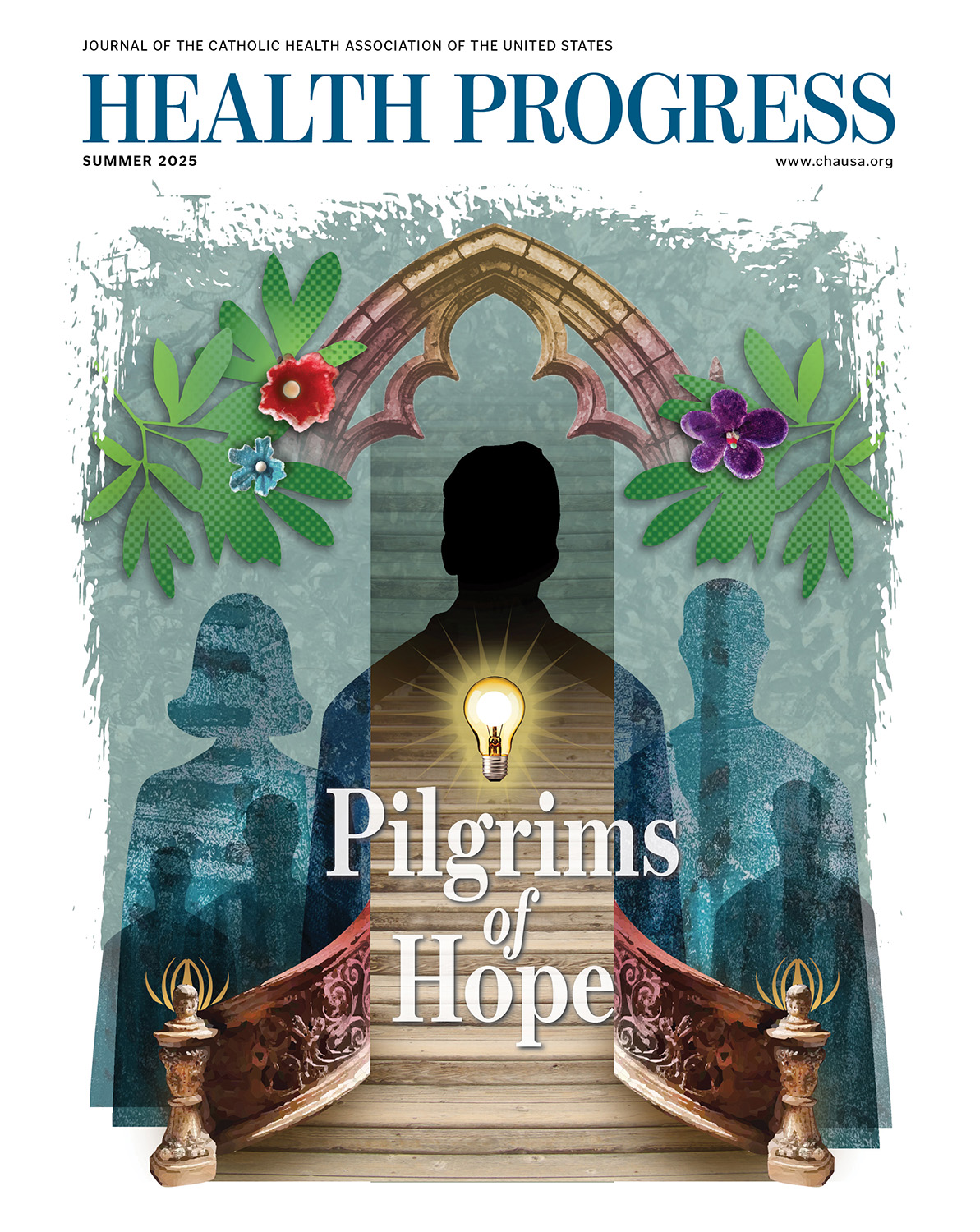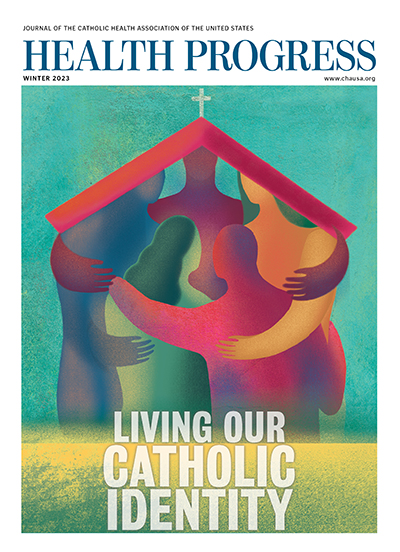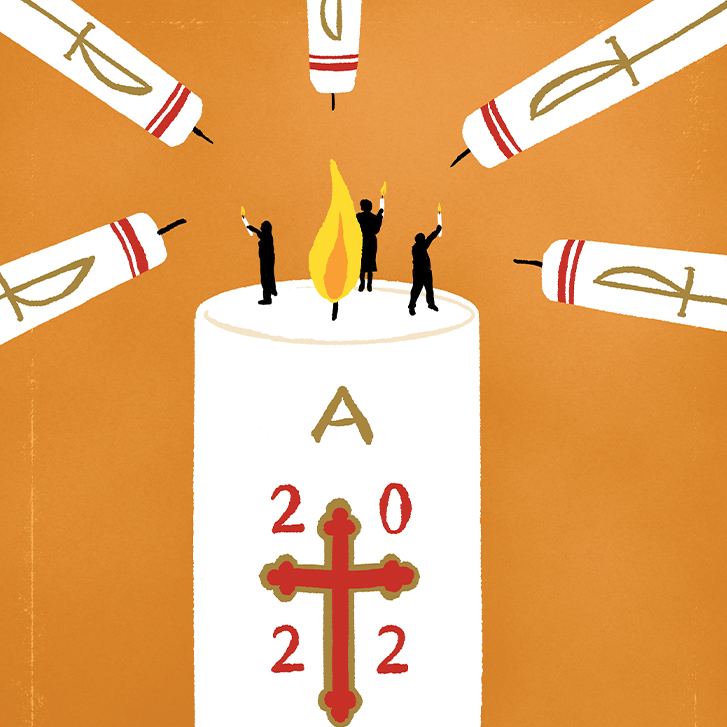Sponsor members of Catholic health care act publicly on behalf of the Catholic Church, promoting and assuring Jesus’ healing mission by guiding and overseeing a specific institutional ministry in a formal and public way. Through consultation, programs, resources, sponsor formation and gatherings, CHA assists sponsors in understanding and fulfilling their responsibilities with special attention to the formation of laypersons and vowed religious.
The Sponsor Journey Learning Series
The Sponsor Journey is a self-paced learning series designed for anyone who has been called to the ministry of sponsorship or seeks a deeper understanding of this call in our ministry. Through this six-part series, you will explore the meaning of sponsorship, from its foundational definition to its ongoing evolution.

Guide for Sponsors in Catholic Health Care

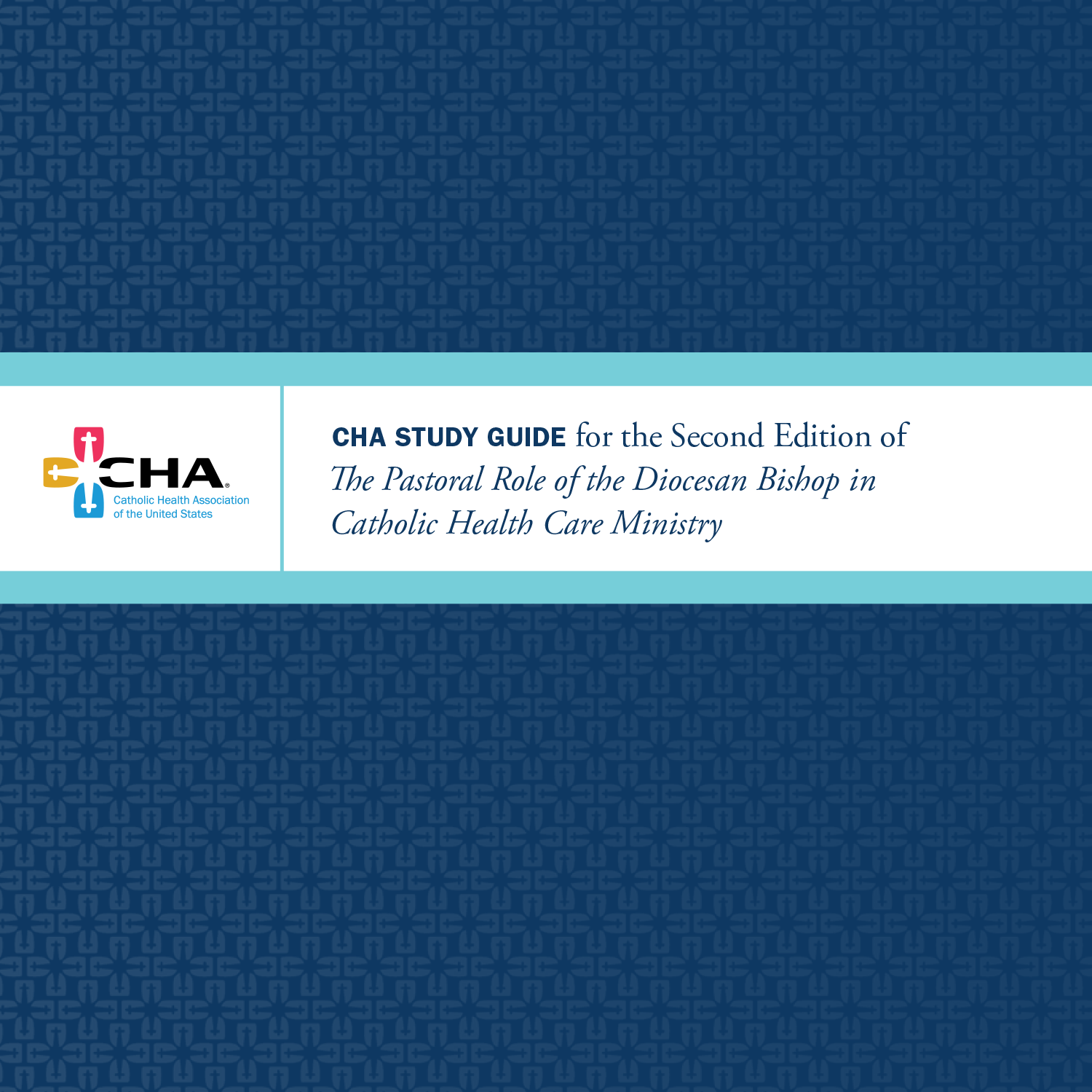
CHA STUDY GUIDE for the Second Edition of The Pastoral Role of the Diocesan Bishop in Catholic Health Care Ministry
The CHA Study Guide for The Pastoral Role of the Diocesan Bishop in Catholic Health Care Ministry, a newly revised document of the United States Conference of Catholic Bishops (USCCB), is a valuable resource for bishops and health care leaders to reflect on the mutual responsibility for our health ministries and explore ways to foster greater collaboration. The revised document and study guide provide a clearer understanding of the important relationship and roles of those who are responsible for the Catholic health ministries within the United States. This documents includes the exact test of the USCCB document, discussion questions to facilitate group study, sidebar commentary and extended endnotes and references to CHA resources that pertain to various parts of the document.
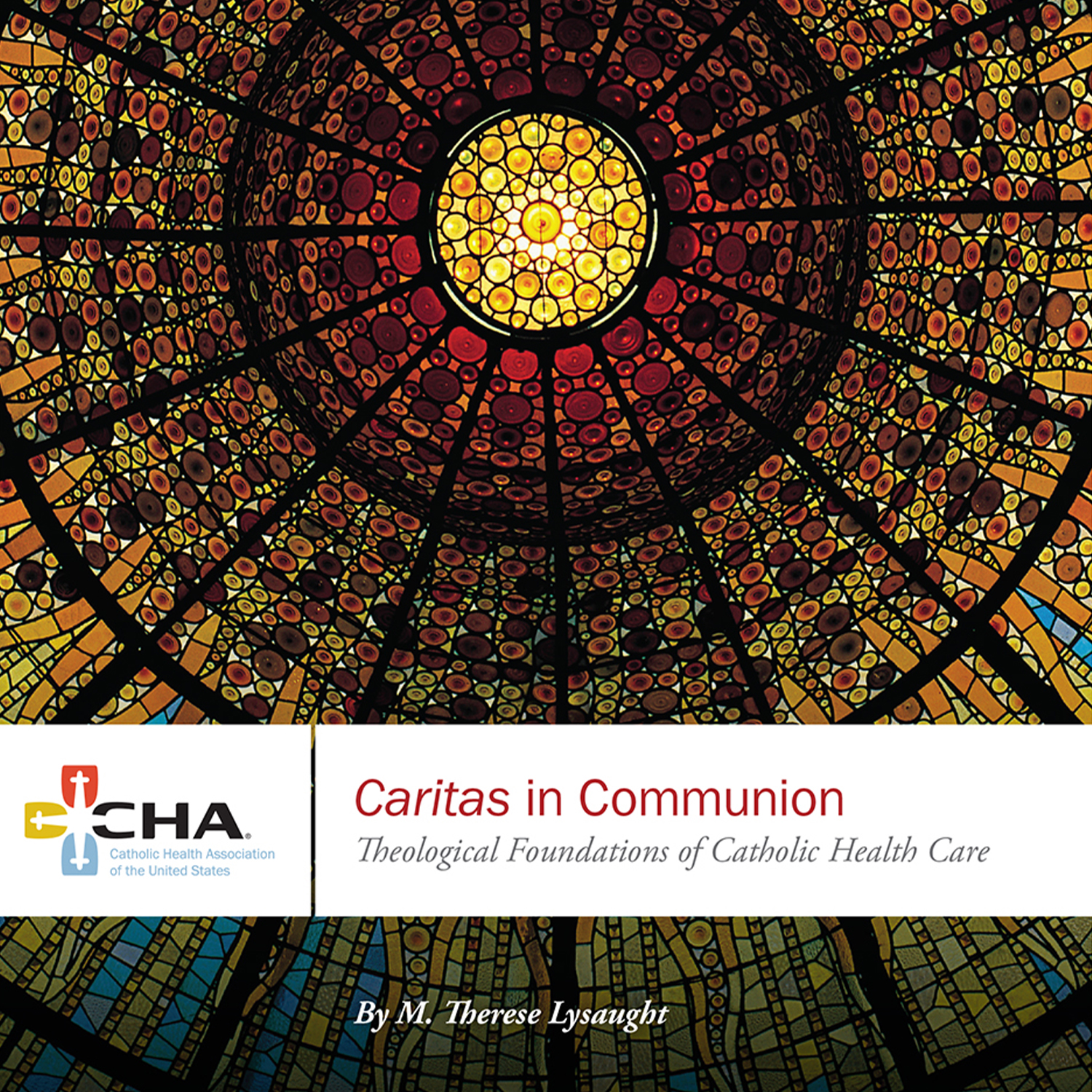
Caritas in Communion: Theological Foundations of Catholic Health Care
Caritas in Communion, begun as a white paper commissioned by the Catholic Health Association, engaged theologians, economists, public policy experts, health care executives and sponsors in a year-long study regarding the changing health care environment and its impact on the Catholic health ministry. The resulting book, authored by M. Therese Lysaught, moral theologian at Loyola University, Chicago, explores topics of Catholic Identity, the Principle of Cooperation, and ministry implications of for-profit business models. While this book was written specifically for Catholic health care, its implications for Catholic Identity in a pluralistic world extend beyond this ministry to Catholic education and social service organizations as well. This article serves as an executive summary of the book.
.jpg?sfvrsn=5175c0e0_1)
A Guide to Understanding Public Juridic Persons in the Catholic Health Ministry
This guide will help users understand the role and importance of a Public Juridic Person (PJP): a legal entity in the Catholic Church that is established by canon law to perform a specific function.


